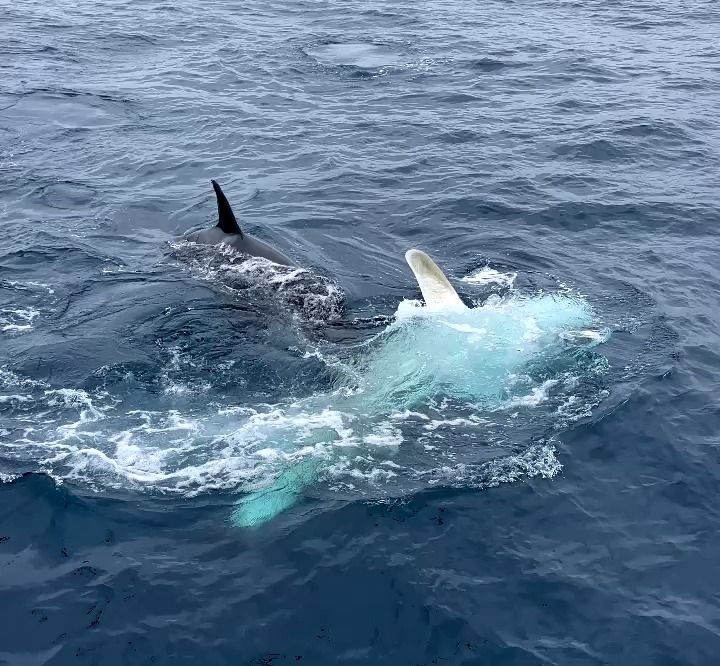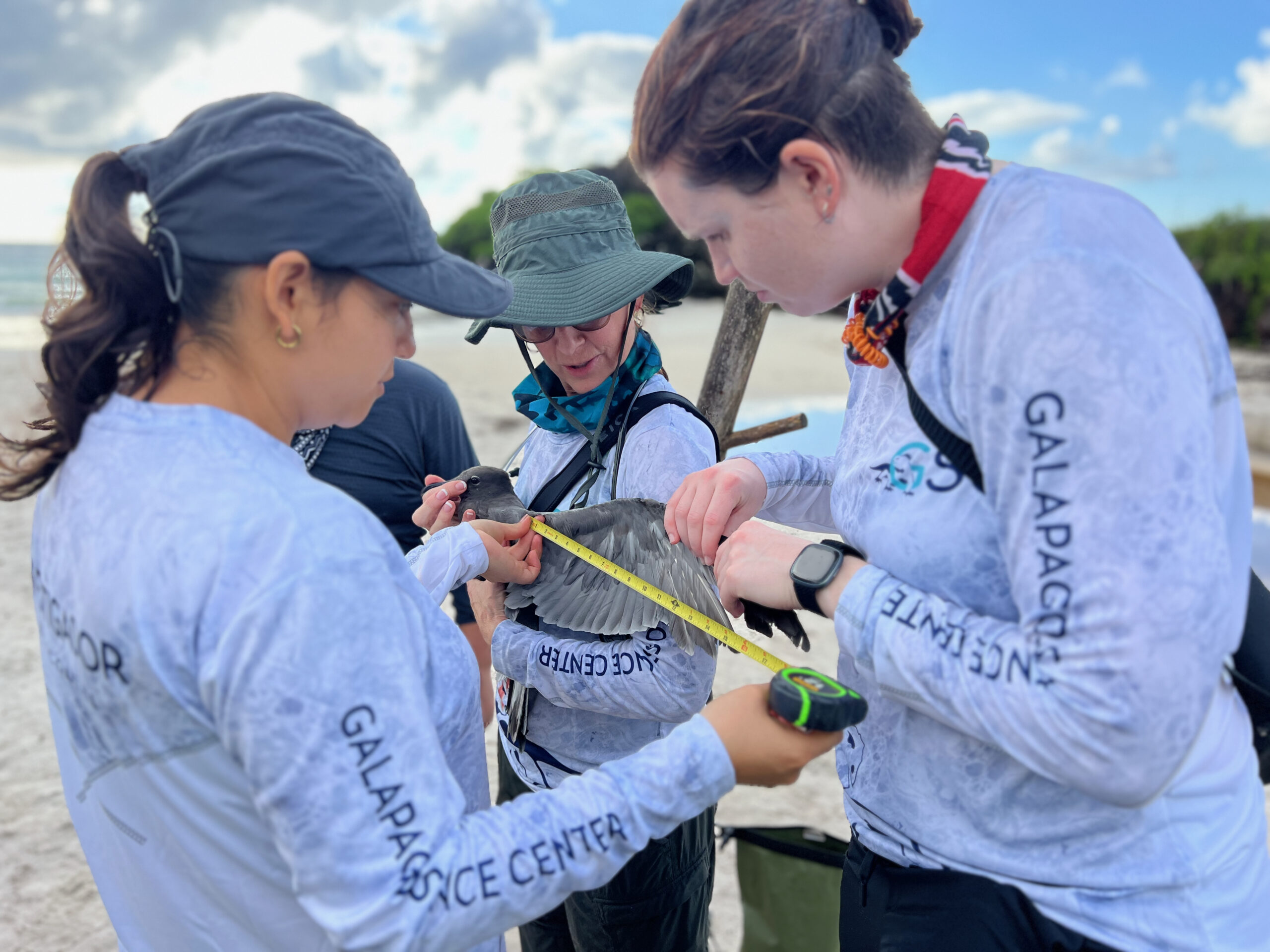El artículo explora el papel fundamental que desempeñan las pequeñas y medianas empresas (PYMES) en la preservación ambiental de las Islas Galápagos, un sitio de Patrimonio Mundial UNESCO. Este estudio, basado en entrevistas con empresarios locales, analiza cómo estas PYMES navegan las complejas tensiones entre la necesidad de crecimiento económico y la responsabilidad de conservar un ecosistema frágil y único. Desde restaurantes y operadores turísticos hasta pequeños hoteles y tiendas artesanales, los negocios locales han tomado un papel activo en la implementación de prácticas sostenibles, conscientes del impacto del turismo en el archipiélago.
La investigación destaca que, aunque las PYMES representan una gran parte del turismo en las islas, a menudo cuentan con recursos limitados para adoptar prácticas ambientales avanzadas. Sin embargo, muchas han logrado reducir su huella ecológica a través de estrategias como el uso de productos locales, la clasificación de residuos y la implementación de sistemas para ahorro de agua. Este compromiso por parte de los dueños y gerentes refleja una creciente conciencia sobre la urgencia de preservar el entorno natural que sustenta sus propios negocios y la vida local.
Uno de los desafíos principales identificados en el estudio es la sobrecarga de infraestructura debido al aumento continuo de visitantes. La afluencia de turistas ha generado un crecimiento en la demanda de servicios básicos, pero las capacidades de saneamiento y gestión de residuos de las islas se ven cada vez más desbordadas. Los empresarios coinciden en que es necesario regular la cantidad de visitantes y fomentar un turismo responsable que no comprometa los recursos naturales ni la calidad de vida de los residentes.
La educación ambiental también emerge como un componente clave en los esfuerzos de conservación. Las PYMES han comenzado a involucrar a los turistas en actividades de conservación, como la recolección de plásticos en áreas de buceo, y algunas incluso promueven la educación ambiental entre los habitantes locales, ofreciéndoles experiencias en los sitios turísticos para que comprendan el valor de proteger su entorno. Estas iniciativas buscan no solo concientizar a los visitantes, sino también empoderar a los residentes como custodios de su propio ecosistema.
En conclusión, el estudio subraya la importancia de la colaboración entre empresas, gobierno y comunidad para proteger el patrimonio natural de Galápagos. Se recomienda fortalecer las políticas de sostenibilidad y permitir que las comunidades locales tengan mayor autonomía para implementar medidas adaptadas a su realidad ambiental. Las PYMES de Galápagos demuestran que es posible fomentar un modelo de turismo sostenible que priorice el equilibrio entre el desarrollo económico y la conservación del ambiente para las futuras generaciones.
Accede al artículo científico en el siguiente link:






